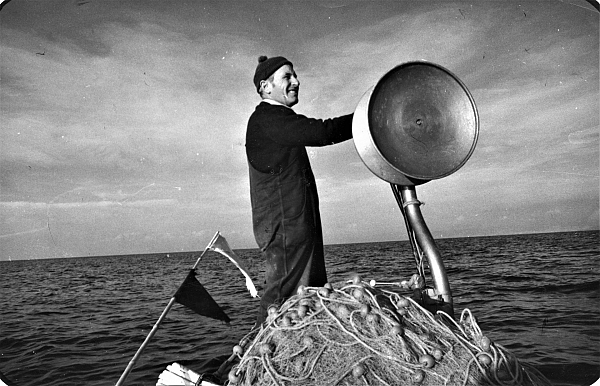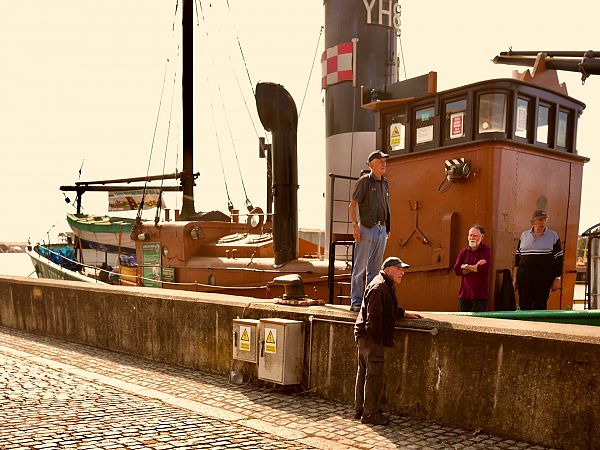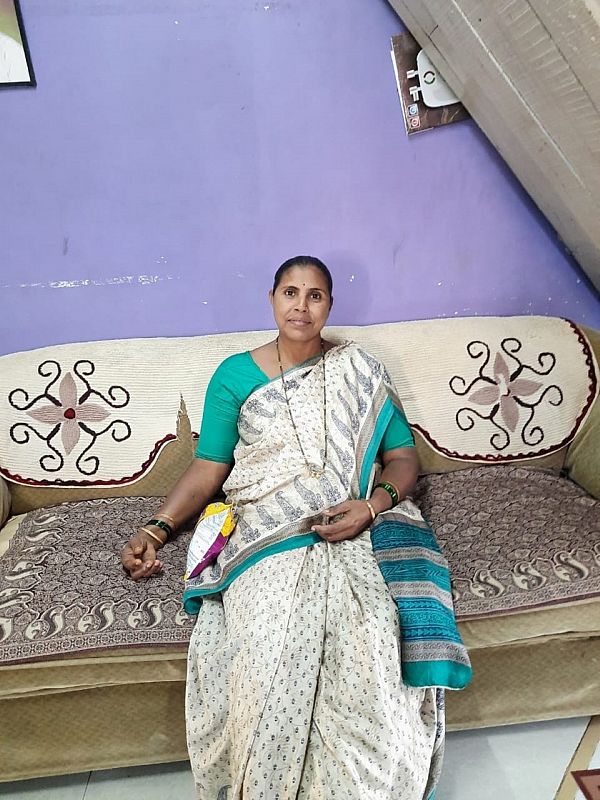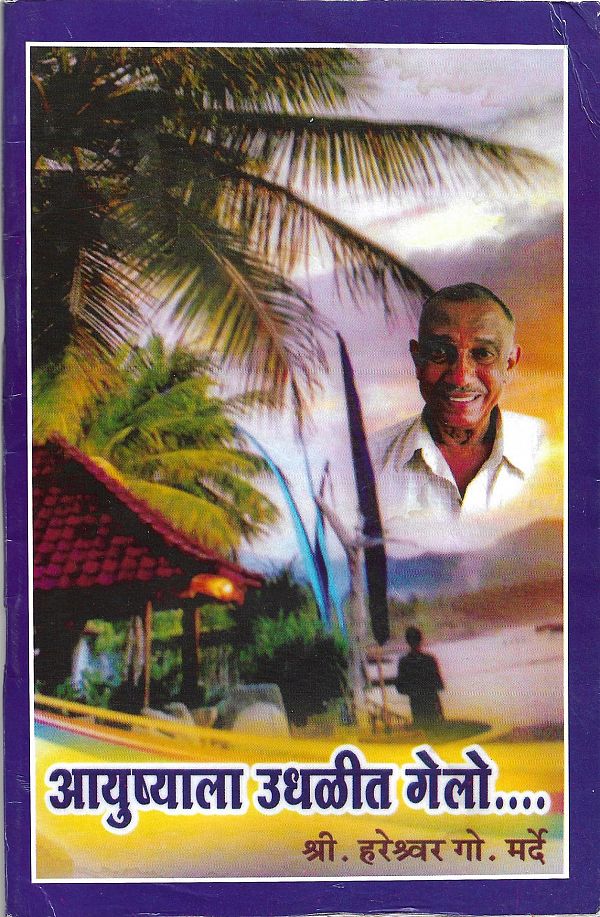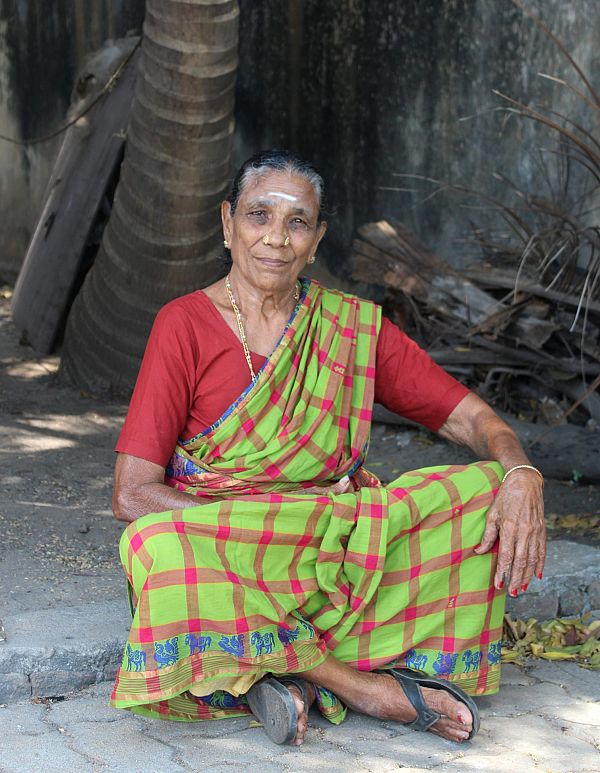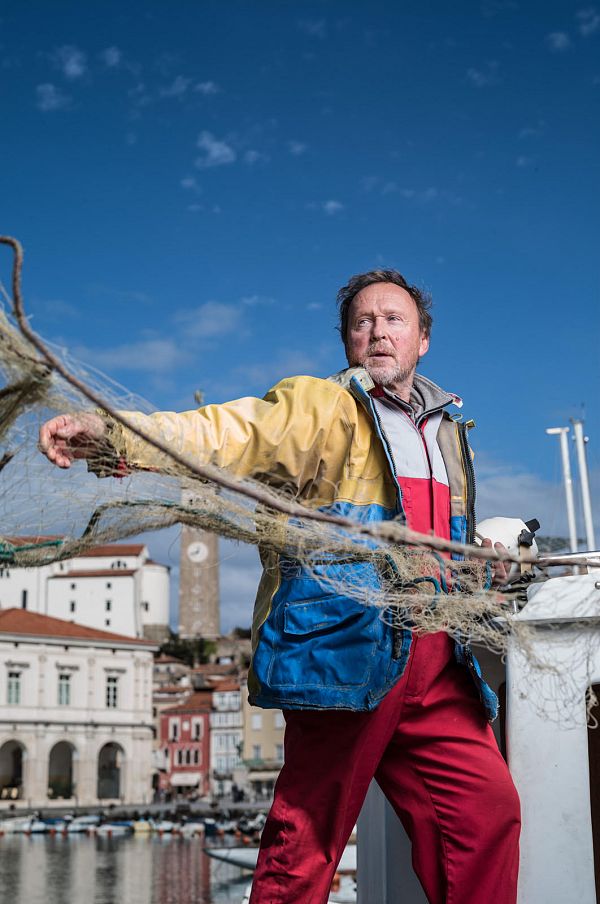The life histories presented here are all soaked with the sea. Small stories, coloured with seemingly unimportant memories of fishers that would otherwise sink into oblivion, are displayed in this session as part of maritime history, as a part of the ongoing story of coastal transformations created between man and the sea.
While some of the narratives relate to events and situations in which fishers are still actively involved, in other accounts, the protagonists are now retired but still engaged with fishing in different ways, for example, by participating in heritage and tourism projects as is the case of two stories collected in Slovenia and the UK, or by writing for a periodical run by the local fishing community in one case in India. The way fishers’ lives are interwoven with social change is particularly visible in fishing, and these stories privilege each of their voices and the events they consider important. As the narratives reveal, the development of the tourism sector, decline of fish industries, and political changes in Slovenia or the development of the oil sector in the UK impact the experiences of fishers. Through their life histories, we can better understand how men and women in fishing communities have shaped their lives around different activities, the changes that occurred, how the future is being constructed, and how they view that future (Thompson, Wailey, and Trevor-Lummis 1983).
Temporality is, therefore, important in order to understand fishers’ lives. First, it reveals the ways in which ‘the fisherman’ as a given identity may be challenged through the non-linearity of people’s lives and occupations, which may involve participating in different activities alongside or in-between fishing throughout their lives, as was the case in the UK (Taylor, forthcoming). Second, it relates to the seasonality of fishing activities – the dry and monsoon months in India and the different fish available in different seasons in Slovenia, for example, which affect work choices and incomes. Finally, by paying attention not only to the past but also to the present and future, we can understand how fishers and former fishers perceive and experience change, as well as the role that fishing has or should have in those changes. In places like Great Yarmouth in the UK, for example, the decline of the fishing industry in the 1960s and the emergence of the oil and gas industries have had a profound effect on former fishers who, while accepting the need to renew the coastal town, also consider fishing to have been its historical landmark, and are committed to compensating a sense of loss of place identity (Khakzad and Griffith 2016) with acts of celebration and remembrance. These narratives also reveal different types of early connections to the sea and fishing – some through family or caste inheritance, others through fortuitous encounters during childhood that have set them on the path to a life – or a part of life – in the sector.
Whereas life histories have been recognised as a privileged tool to understand changes and continuities over time, fishing communities’ narratives can help us better understand multiple challenges in the fishing sector from the perspectives of those involved. However, this approach remains rare. The work of Paul Thomson and his team in the UK is an exception, with more than 150 interviews that describe the experience of fishing as a way of life in the late 19th and the first half of the 20th century. A more recent understanding of change is captured through Weatherhead’s (2003) life histories with fishers in North Norfolk in the 2000s, through ethnographic exhibitions that build on memories and life histories of fishers in the Gulf of Trieste (Sketelj 2018, 2020) or through the mobilisation of fisher communities in western India not just to resist coastal transformations that disrupt their livelihoods but also record their memories and experiences in their own voices through a range of local periodicals and events. Nevertheless, more is needed to bring the main actors back to the centre of an ongoing historical process. Through these narratives, the fishing experience is used to tell the story of wider economic, social and political processes that shape the lives of fishers and their communities while also being shaped by the communities’ resourcefulness, inventiveness and initiatives.
Maria Abranches, University of East Anglia
